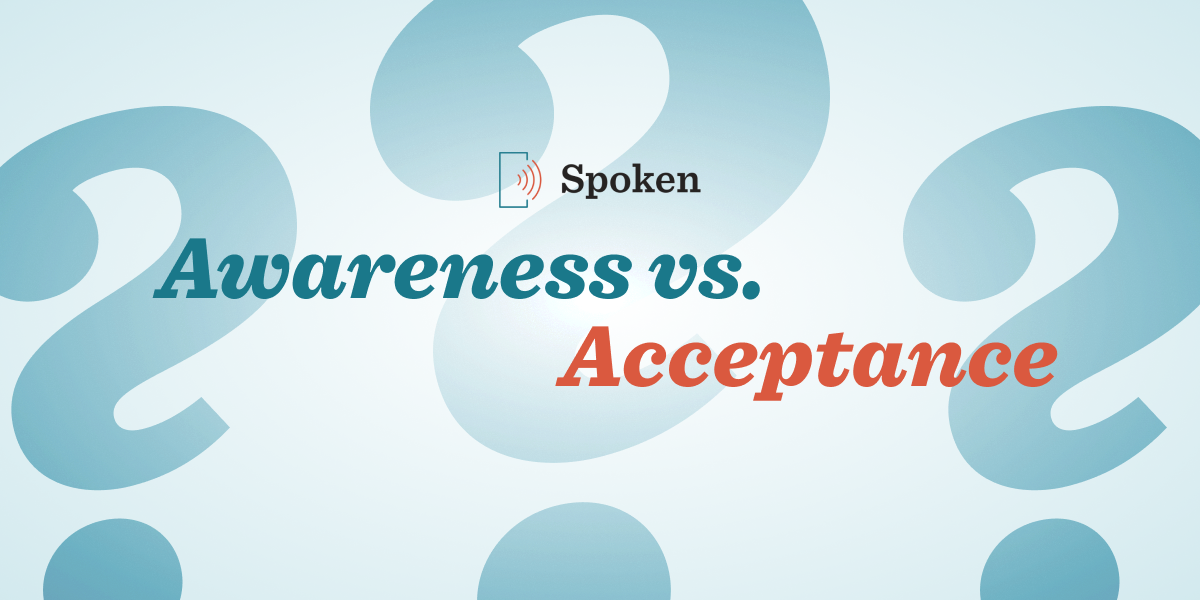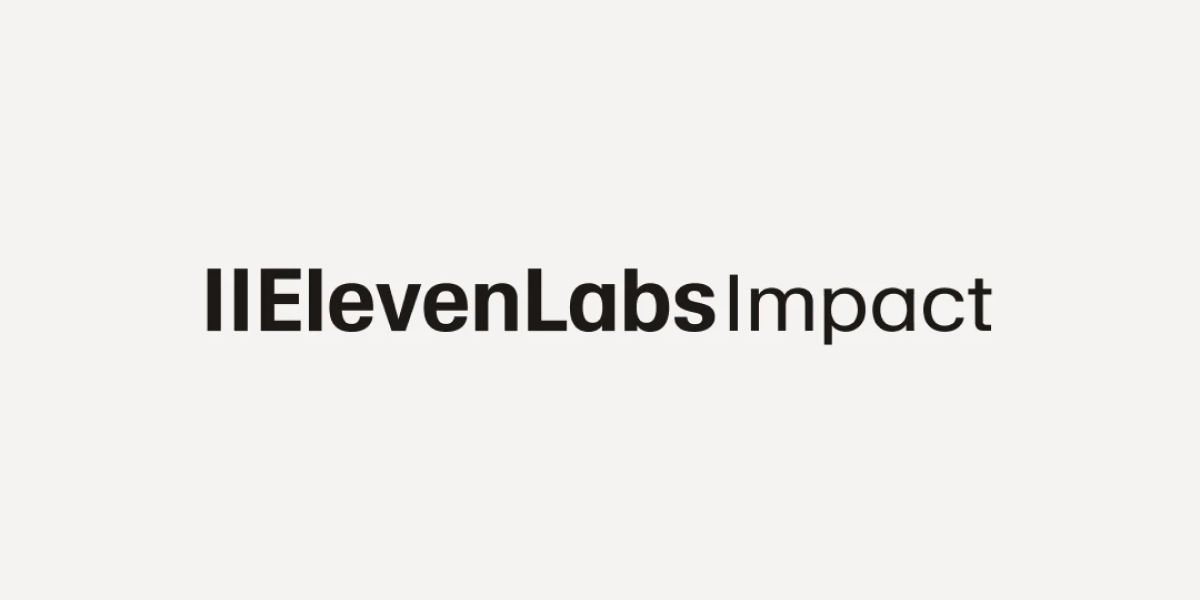Autism Awareness vs. Acceptance: What's the difference?

At Spoken, we’ve made the decision to adopt the term “Autism Acceptance Month,” aligning our language with a growing consensus that seeks not just to spread awareness but to foster acceptance and inclusivity. We believe that this change in language is a more positive, respectful, and inclusive way to talk about autism. By joining other organizations in promoting acceptance and recognition of the unique abilities of the autistic community, we hope to create a more equitable and just world for everyone!
So, why do we prefer “Autism Acceptance” to “Autism Awareness?”
For one thing, the term “awareness” is often used in the context of illnesses, such as cancer. Using it for autism reinforces the stigmatization of autism as a disease or a tragedy. The focus on deficits and challenges associated with autism can perpetuate negative stereotypes and create a sense of stigma around autism. “Autism Acceptance,” on the other hand, emphasizes the strengths and diversity of autistic people and their contributions to society. By promoting acceptance, we create a more positive and inclusive narrative about autism that can help reduce stigma.
It is important to note that those who use the term “Autism Awareness” almost certainly do so with good intentions. However, it can sometimes be perceived as condescending, implying a need to educate others about the mere existence of autism as though it were a strange anomaly rather than something natural and not uncommon. “Autism Acceptance” is a more inclusive and respectful term that acknowledges autism as a natural aspect of human variation and neurodiversity. This can help to reduce stigma by challenging negative attitudes and assumptions about autistic people, which is incredibly important.
Finally, “Autism Acceptance” is a term that has been largely embraced by the autistic community and reflects its values and aspirations. By centering the voices and perspectives of autistic people, we can create a more respectful and inclusive society that values the diversity and unique strengths of all individuals.
When we shift the focus from “awareness” to “acceptance,” we create a more positive and inclusive narrative about autism. This can help to create a more accepting and accommodating society that values the unique strengths and abilities of autistic people. Ultimately, this can lead to greater social inclusion, better access to services and opportunities, and a more equitable and just world for all.
In summary, “Autism Acceptance Month” is a more positive, respectful, and inclusive way to promote understanding and appreciation of autism. It’s a celebration of the strengths and diversity of the autistic community, rather than a focus on deficits and difficulties. By promoting acceptance, we can reduce stigma, create a more inclusive society, and build a better future for autistic people and their families. Let’s embrace “Autism Acceptance Month” as a way to promote understanding and appreciation of autism and to build a more equitable and just world for all.
About Spoken
Spoken is an app that helps people with aphasia, nonverbal autism, and other speech and language disorders.


